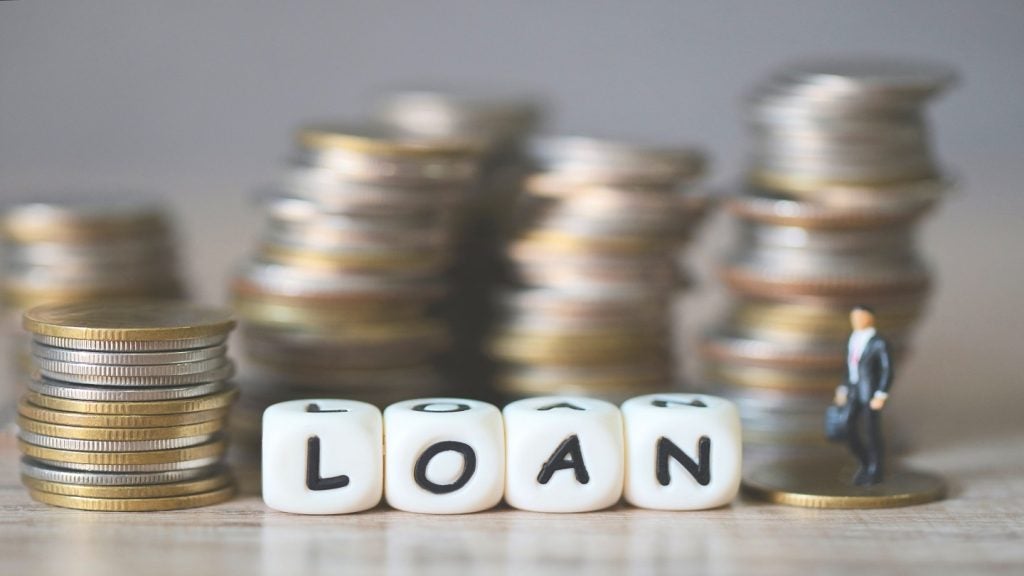As the leasing industry is
gripped by fraud, what light can be shed on the law behind multiple
financings?
Recent editions of Leasing Life have
exposed a number of possible frauds in the leasing area. Sometimes,
these involve double funding of equipment. For instance, the owner
of equipment, which has sold it to a lessor and leased it back
once, finds the transaction so convenient that he is tempted to do
exactly the same thing with a second lessor using the same
equipment.
If the lessee then defaults on one or both
leases, both lessors will be attempting to recover and sell the
same equipment. Which one of them has title to it?
If the first lessor had bought the equipment
from a third party supplier to lease to the lessee, there would be
no suggestion that the second could get good title from the lessee
on a sale because of the legal rule that no one can pass better
title to goods than the title it already has.
However, there are exceptions to that rule
and, in the circumstances of a second sale and leaseback, one of
those exceptions can crop up.
How well do you really know your competitors?
Access the most comprehensive Company Profiles on the market, powered by GlobalData. Save hours of research. Gain competitive edge.

Thank you!
Your download email will arrive shortly
Not ready to buy yet? Download a free sample
We are confident about the unique quality of our Company Profiles. However, we want you to make the most beneficial decision for your business, so we offer a free sample that you can download by submitting the below form
By GlobalDataSection 24 Sale of Goods Act 1979 provides
that where a seller of goods remains in possession of them and
delivers the goods to a purchaser, receiving them in good faith and
without notice of any previous sale, the effect is as if the seller
has been authorised by the actual owner to sell the goods so good
title does pass to the purchaser.
Of course, in a sale and leaseback, there is
no delivery of the goods in the sense that they are physically
delivered to the lessor who then delivers them back.
However, there can be what is known as
‘constructive delivery’ in which the equipment physically stays
where it is but the seller recognises that the purchaser has the
right to possession of it against the seller (which arises under a
leaseback between them) and continues to hold the goods as a bailee
under that right so the character of his possession alters.
This is what happened in the case of
Michael Gerson (Leasing) Limited v Wilkinson [2001] Q.B.
514 where Gerson bought equipment from Emshelf and leased it
back. Emshelf subsequently sold some of the same equipment to State
Securities, which knew nothing of the first sale.
When Emshelf defaulted, both Gerson and State
claimed title to the equipment bought by State. In the Appeal
Court, it was argued that constructive delivery had not occurred
but the case was decided in favour of State Securities.
The result is that any lessor under a sale and
leaseback transaction will be vulnerable to a subsequent second
funding of the deal by another innocent lessor.
The author is a partner at the
law firm Watson Farley & Williams







